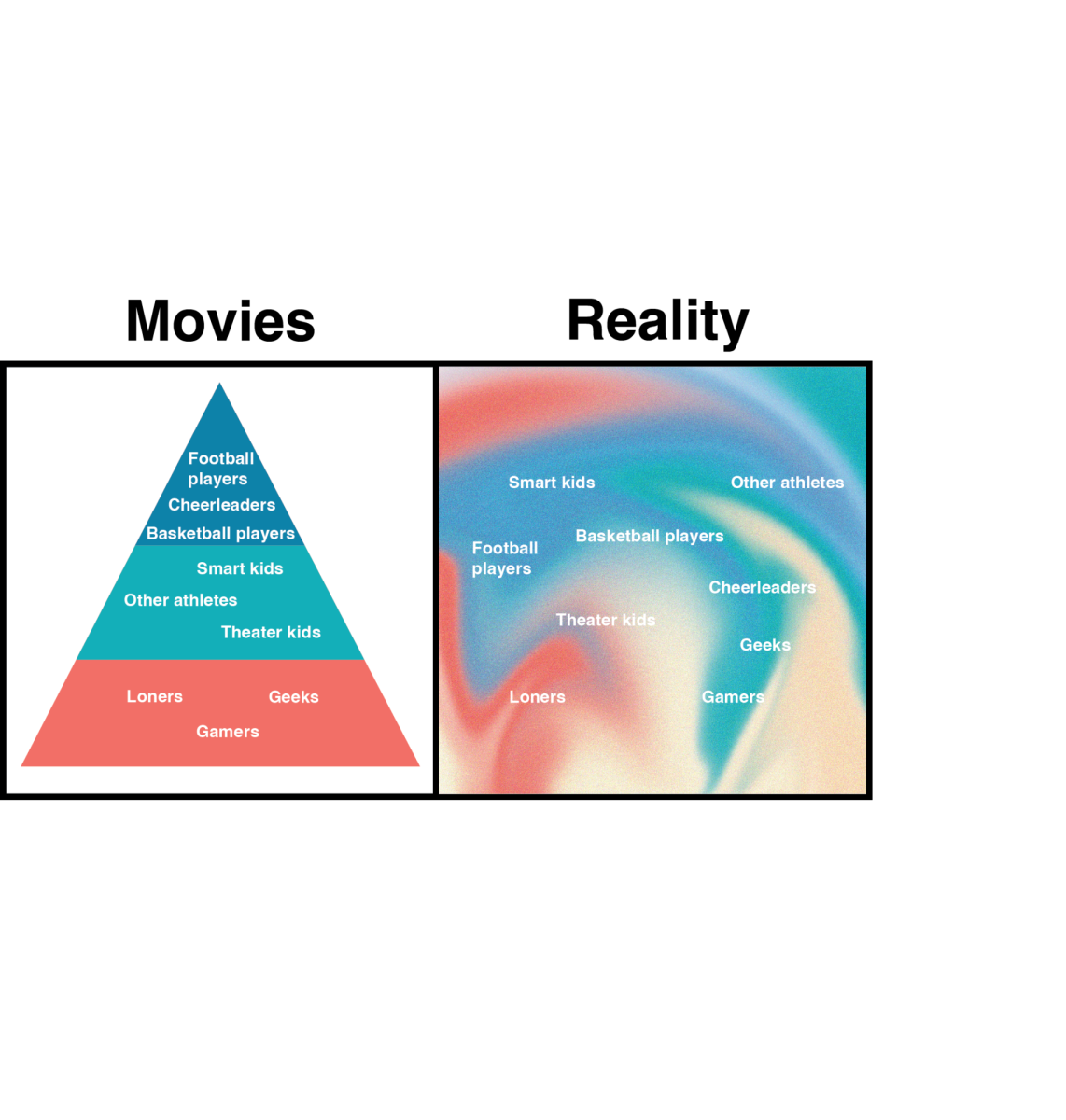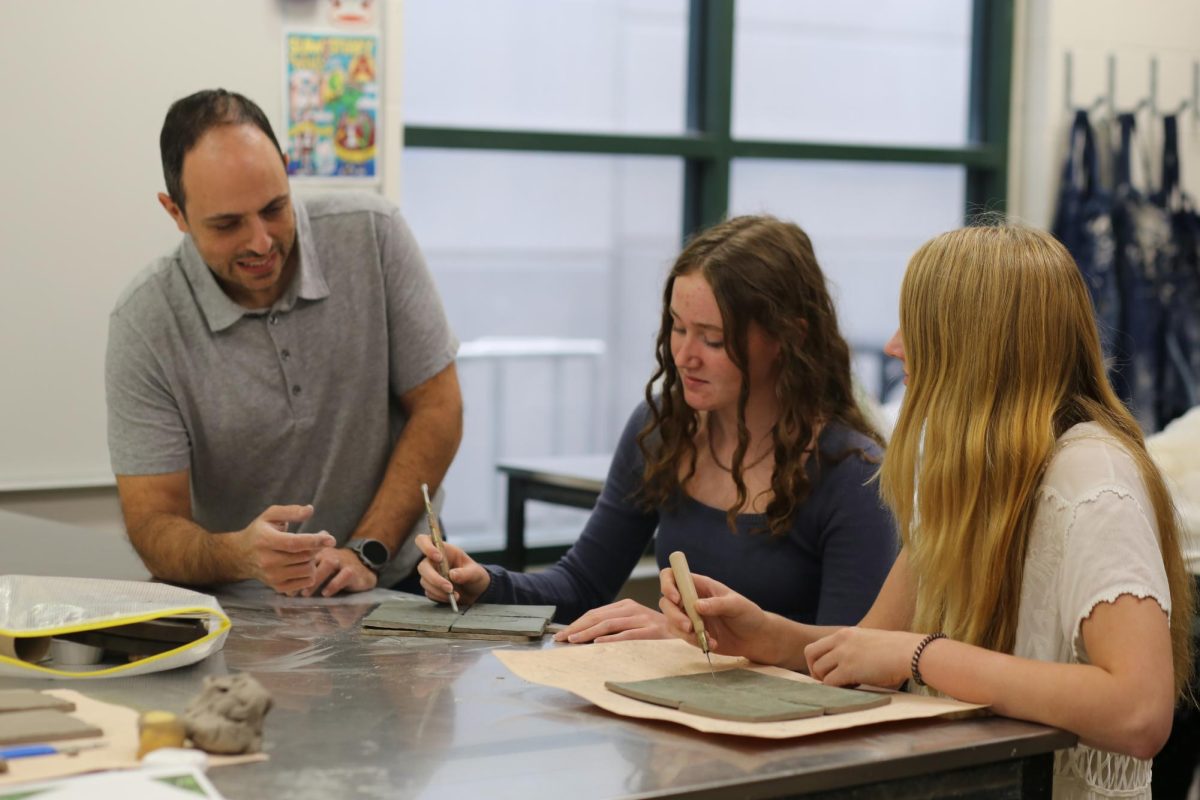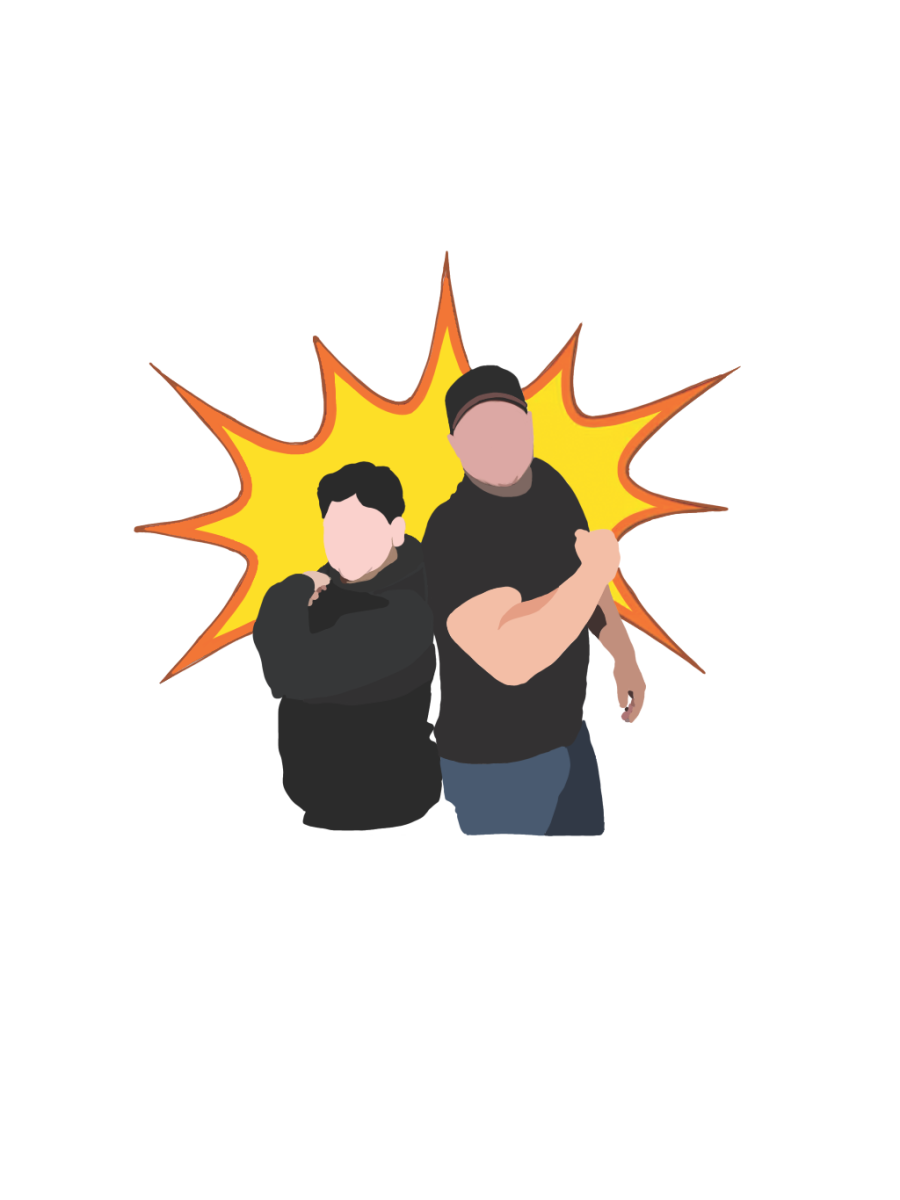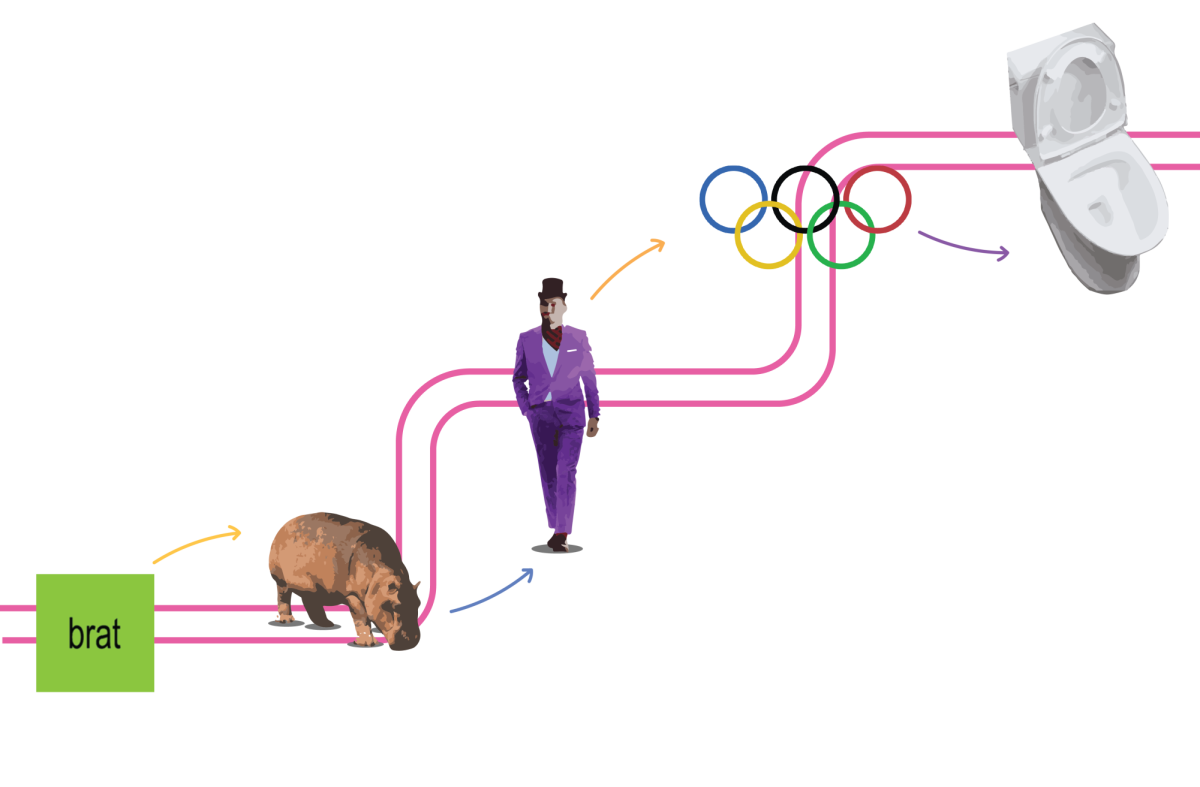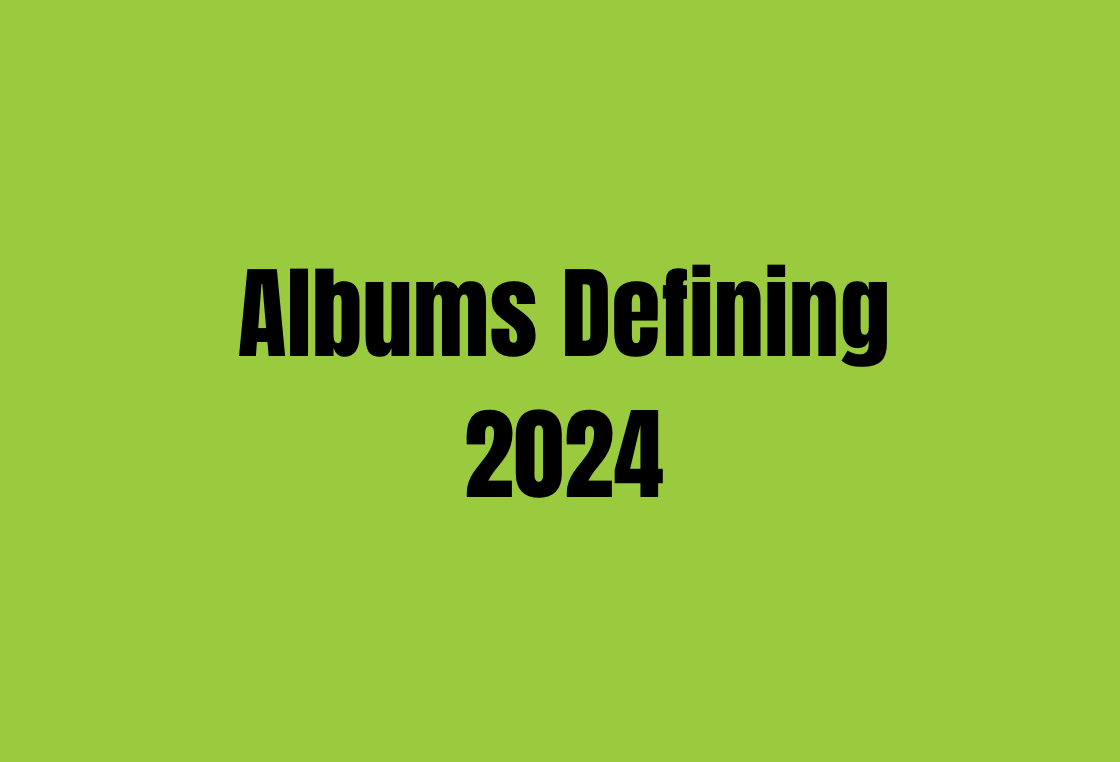For some 80 years, humankind has feared the growing role that technology has played in our society. Think of the numerous movies like “2001: A Space Odyssey” in 1968, “Blade Runner” in 1982, “The Terminator” in 1984 and most recently, “Ex Machina” in 2014, where technology has gained the power to influence humans to an uncontrollable extent.
Technology is obviously embedded into nearly every aspect of our lives: shopping, talking to friends, and working. But one idea comes to mind when the phrase technological advancement is used: artificial intelligence (AI).
AI has made possible things that were once unimaginable. A voice can unlock a phone. A car drives itself. Amazon’s Alexa makes a shopping list. But with each of these advancements, comes a concern of the potential control and influence that AI can have.
“I think the biggest fear is losing control, especially when [the AI] gets to the self-learning phase,” Computer Science Teacher Susan Frederick said.
Today, AI has reached the point where it’s taken over jobs. A study by economists at MIT and Boston University estimated that robots could replace as many as 2 million more workers in manufacturing alone by 2025.
According to Frederick, the concern for AI is solely an issue of its creator.
“[The technology] is only as good in nature as the programmer who programmed it,” Frederick said. “When suddenly [the technology is] being controlled by a few in power, that’s when problems arise.”
In the past, the abuse of technological innovations has created rippling effects in our society. The most prevalent example of incorrectly using technology is social media.
“When we first started using social media, it was very positive, but we didn’t know very much about how it could be used,” Instructional Design Specialist and Intro to Social Media and Ethics teacher Natalie Galed said. “I think that changed when we figured out ways it could be harmful to people.”
While social media has helped connect people from all around the world, it’s also paved ways to more destructive problems like harming our well being and our self-esteem. According to Galed, the solution ultimately comes down to self-control.
“When we don’t know how to use it well or when we abuse it is when there are problems,” Galed said.
Another one of the biggest problems with constant technological advancements is that it promotes an emphasis on convenience: our TV can be turned on and off with just our voices, our phones can remotely unlock our car doors and pay for groceries.
Technology has made so many aspects of our lives easier. However, these forms of convenience also have led to more problems.
Over the past few years, the convenience of communicating through a screen rather than in person has caused a decrease in the amount of face-to-face communication. A survey by Elon University in 2015 found that nearly 46% of survey respondents communicate more frequently with friends and family via technology than in person. It seems that people have reached a point where we prefer FaceTime over face time.
“I think relationship building is a very personal interaction,” Chief Information Officer Denise Musselwhite said. “We have yet to learn how to build strong relationships in technology to duplicate what we are used to doing in-person.”
And with AI as the focus of new technological innovations, the convenience that it will bring will also have potential drawbacks.
While technology has created both benefits and problems for billions of people around the world, it’s still become a cornerstone of our lives: something we depend on to survive. But it’s important to remember that the harms that technology can possibly bring fall to us and our application of how we use the technology.
“Technology, like any other innovation, when harnessed the right way, can be incredibly powerful,” Galed said




